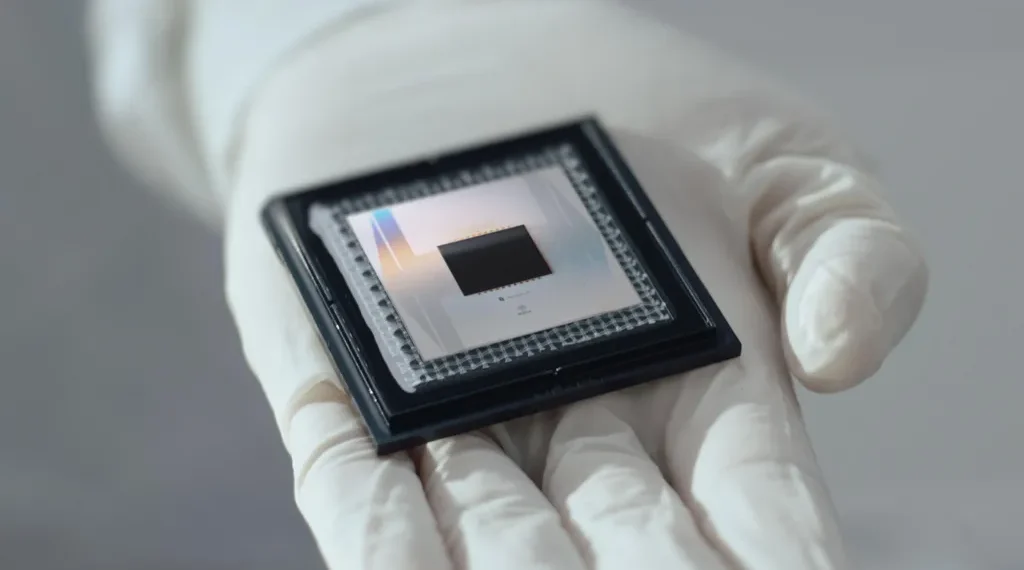Google’s Quantum Leap: New Chip Claims to Outpace Supercomputers by Trillions of Years
Google has unveiled a groundbreaking quantum computing chip, named “Willow”, claiming it can solve complex problems in just five minutes—tasks that would take the world’s fastest supercomputers an astonishing 10 septillion years to complete. This development marks a significant step in the quest for ultra-powerful computing based on quantum mechanics.
What Makes Willow Revolutionary?
Google describes Willow as a chip that incorporates key breakthroughs in quantum computing and believes it is a milestone on the path to a functional, large-scale quantum computer. Hartmut Neven, head of Google’s Quantum AI lab and self-proclaimed “chief optimist,” expressed confidence that Willow would contribute to practical applications in the near future.
While still experimental, Willow is a glimpse into a future where quantum computers could revolutionize industries by simulating intricate systems and solving previously insurmountable problems.
How Quantum Computing Works
Quantum computers differ fundamentally from traditional ones. Instead of using bits (binary values of 0 or 1), they process data in qubits, which can exist in multiple states simultaneously. This ability, stemming from the bizarre nature of quantum mechanics, allows quantum computers to tackle calculations exponentially faster than conventional systems.
Key features of quantum particles include:
- Superposition: The ability to exist in two places or states at once.
- Entanglement: A mysterious connection between particles that persists even across vast distances.
Credits CNET: Google Quantum AI Reveals Willow Quantum Computing Chip
Potential Applications and Implications
Quantum computing holds immense promise for solving problems across various fields, such as:
- Healthcare: Accelerating drug discovery and understanding complex biological processes.
- Energy: Designing nuclear fusion reactors and improving battery technology.
- Security: Developing or breaking encryption systems.
However, this power also raises concerns. Quantum computers could potentially bypass modern encryption techniques, prompting companies like Apple to introduce “quantum-proof” encryption to protect sensitive data.
When Will Quantum Computing Become Practical?
Neven predicts that commercial-grade quantum computers capable of real-world applications won’t emerge until the end of the decade. Initial use cases are likely to involve simulations where quantum effects are crucial, such as pharmaceutical development, energy systems, and advanced materials research.
A Quantum Future Awaits
While Willow is not yet a universal solution, it represents a significant step toward the quantum era. The ability to simulate and solve real-world challenges using quantum mechanics could revolutionize science, industry, and technology.
Quantum computing is still years—and billions of dollars—away from full maturity, but Google’s new chip gives us a tantalizing glimpse of a future that could redefine what computers are capable of achieving.
This article was rewritten by JournosNews.com based on verified reporting from trusted sources. The content has been independently reviewed, fact-checked, and edited for accuracy, neutrality, tone, and global readability in accordance with Google News and AdSense standards.
All opinions, quotes, or statements from contributors, experts, or sourced organizations do not necessarily reflect the views of JournosNews.com. JournosNews.com maintains full editorial independence from any external funders, sponsors, or organizations.
Stay informed with JournosNews.com — your trusted source for verified global reporting and in-depth analysis. Follow us on Google News, BlueSky, and X for real-time updates.














